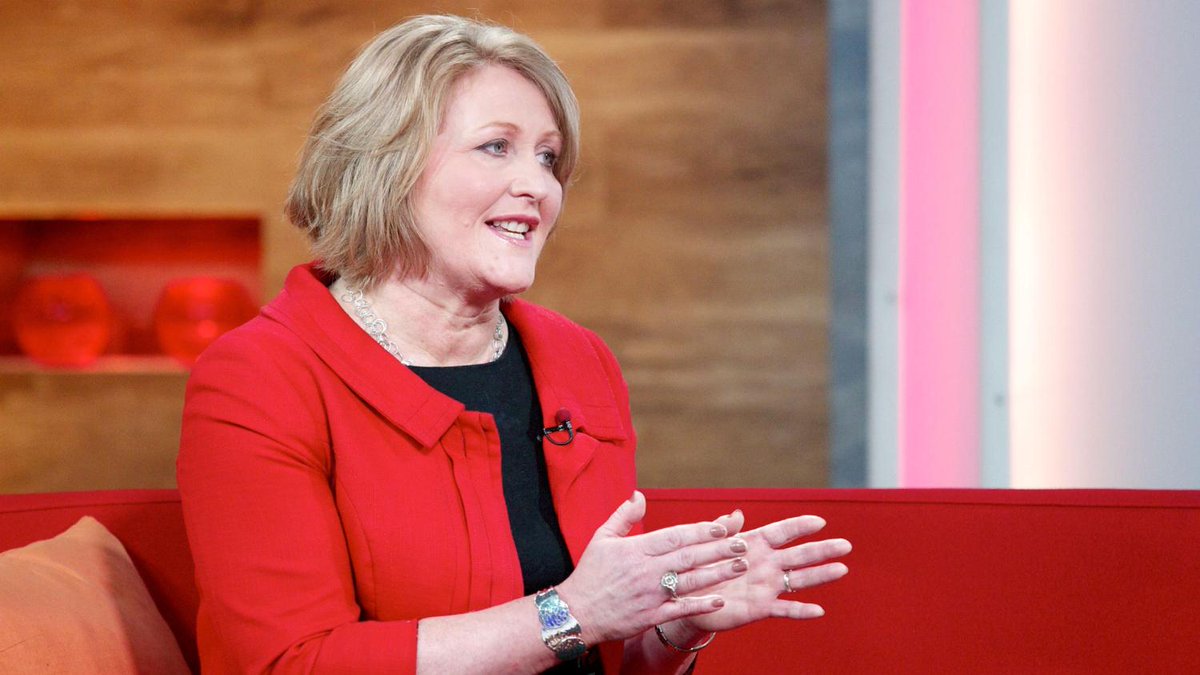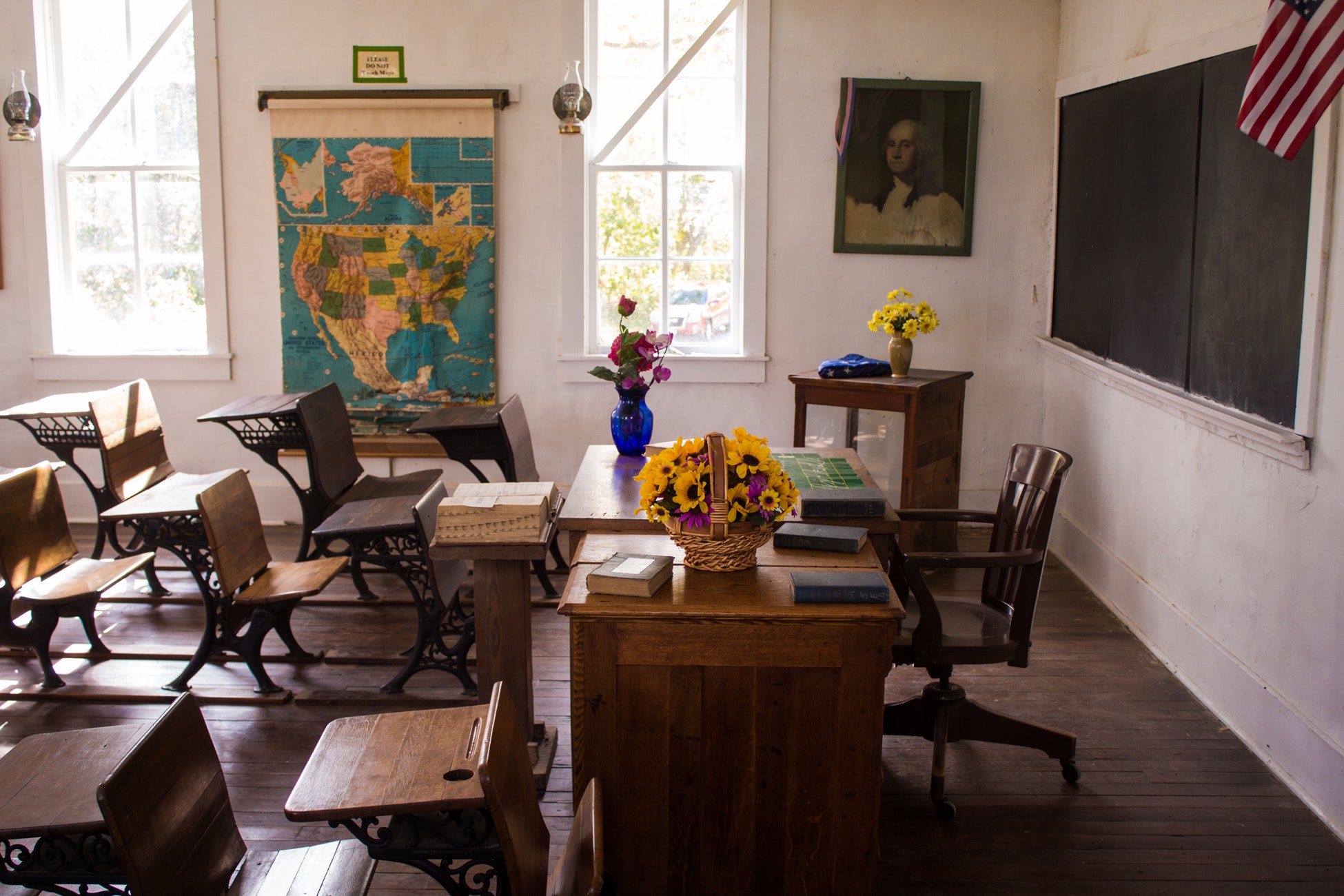Anne Longfield, UK Children Commissioner has condemned the recent increase in the use of isolation booths for disruptive students in UK schools.
According to the UK Children Commissioner, placing any student in isolation from their peers could have serious adverse effects on the young person’s mental health.
Longfield while speaking against this new trait noted that more UK schools are converting toilet blocks and classrooms into places where disruptive students are kept in isolation as a form of punishment.
https://twitter.com/ChildrensComm/status/1217482034718875655
The UK Children Commissioner further expressed her displeasure towards the act of making children sit in silence for hours as punishment for breaking rules and acting up, terming it a “horrific act.”
She said:
All kids have a right to a good education and if they are being removed from a classroom and put into an isolation they are not getting their education.
While speaking to some pupils they said they have been put in isolation repeatedly for days or weeks sometimes and most of them described the experience as distressing and degrading. While others said they had slept because there was nothing to do.
The UK Centre for Mental Health (CMH) released a report supporting Longfield claims. CMH in its release issued a warning that extended periods of isolation at school can cause relational and systemic trauma.
It also stated that putting pupils in long periods of isolation can cause harm and potentially drive even more challenging behavior.
DepEd officials versus UK Children Commissioner
Most government officials have chosen to be quiet on the issue but some in the education sector have voiced their support for the use of isolation for disruptive children.
Tom Bennett, the government’s behavior tsar for England, while speaking to newsmen said that “removal rooms” were used so children could learn in a safe, calm environment.
According to him, they aren’t isolation rooms, because the separated pupils are still not left unattended.
Bennett said:
They’re supervised, and more often than not, accompanied by other students. So claims that these are isolation spaces that are nonsense. These are safe spaces, run by adults.
The Department for Education spokesperson said the act of removing pupils with challenging behavior from the classroom is well within the law.
The Department noted that schools may choose to use in-school units, but that use of isolation must comply with pupil safety and welfare requirements.
Pupils are not to be kept in isolation longer than necessary and their time spent there must be as constructive as possible.
Ruth Robinson, a school leader from Swindon, also explained that at her school 10-15 out of 900 students on average spent the day in the school’s isolation room, though booths were not used.

She noted that the implication of this technique is that every single lesson taught at the school is disruption-free. She further added that although the system is strict it isn’t draconian.
UK Children Commissioner to conduct a survey
The UK Children Commissioner noted that she will go further to conduct research to find out how widespread the use of isolation booths is and what kind of children are affected in response to mounting disquiet among parents and mental health campaigners about the practice.
Longfield said she got enough anecdotal evidence, of the awful experience pupils, were suffering in isolation and isolation booths. Noting she’s calling for the abolition of the method of correction.







